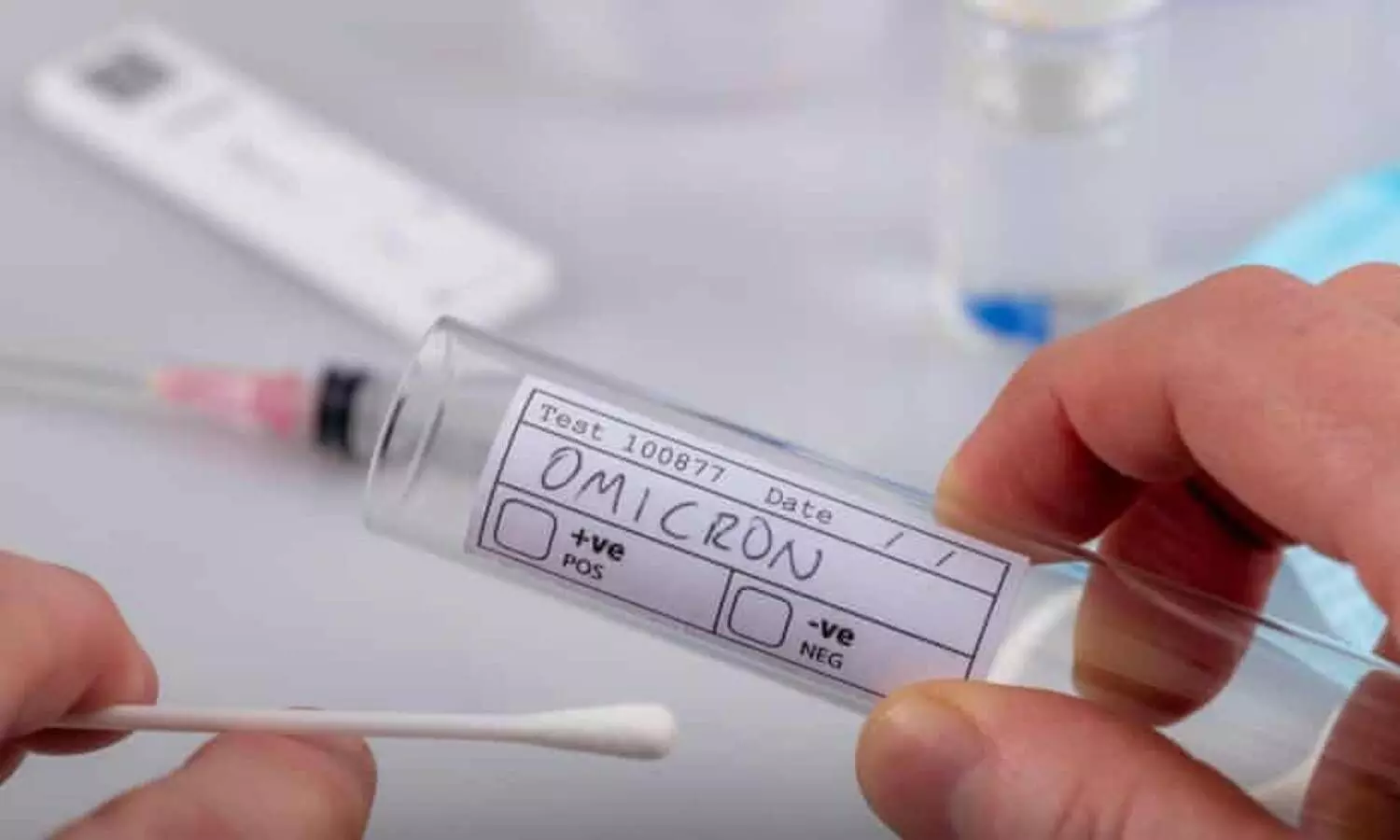Omicron poses 'very high' global risk, can cause future surges of Covid-19: WHO
Omicron has an unprecedented number of spike mutations, some of which are concerned about their potential impact on the trajectory of the pandemic. Preliminary evidence suggests there may be an increased risk of reinfection with this variant, as compared to other variants of concern (VOCs).
By Newsmeter Network
The World Health Organisation on Monday said that given the mutations that may confer immune escape potential and possible transmissibility advantage, the likelihood of potential further spread of Omicron at the global level is very high.
The WHO further added that depending on their characteristics, there could be future surges of COVID-19, which could have severe consequences, depending on a number of factors including where surges may take place. The overall global risk related to the new VOC Omicron is assessed as very high.
Omicron has an unprecedented number of spike mutations, some of which are concerned about their potential impact on the trajectory of the pandemic. Preliminary evidence suggests there may be an increased risk of reinfection with this variant, as compared to other variants of concern (VOCs).
On 26 November 2021, based on the advice from WHO's Technical Advisory Group on Virus Evolution, WHO designated the SARS-CoV-2 variant B.1.1.529 a variant of concern (VOC). This variant has been given the name Omicron.
The variant Omicron was first reported from South Africa on 24 November 2021. In recent weeks, infections have increased steeply in South Africa, coinciding with the detection of Omicron. The first known confirmed Omicron infection was from a specimen collected on 9 November 2021, and the first publicly available sequence from a specimen collected on 11 November 2021. The number of cases of this variant appears to be increasing in multiple provinces in South Africa.
The variant Omicron was also detected in Botswana in samples collected on 11 November 2021. While most of the current cases in these countries are travel-related. Current SARS-CoV-2 PCR diagnostics are able to detect the Omicron variant. Several labs have indicated that for one widely used PCR test (ThermoFisher TaqPath), one of the three target genes is not detected (called S gene dropout or S gene target failure, SGTF) and this test can therefore be used as a marker for this variant, pending sequencing confirmation.
There is substantial uncertainty regarding Omicron's transmissibility, immune escape potential (from either infection- or vaccine-induced immunity), clinical presentation, the severity of the disease, and response to other available countermeasures (e.g. diagnostics, therapeutics).
A number of researchers in South Africa and other countries are carrying out studies to assess these characteristics of Omicron. "Depending on these characteristics, if another major surge of Covid-19 takes place driven by Omicron, consequences may be severe. Increasing cases, regardless of a change in severity, may pose overwhelming demands on health care systems and may lead to increased morbidity and mortality. The impact on vulnerable populations would be substantial, particularly in countries with low vaccination coverage. To date, no deaths linked to the Omicron variant have been reported," said WHO.